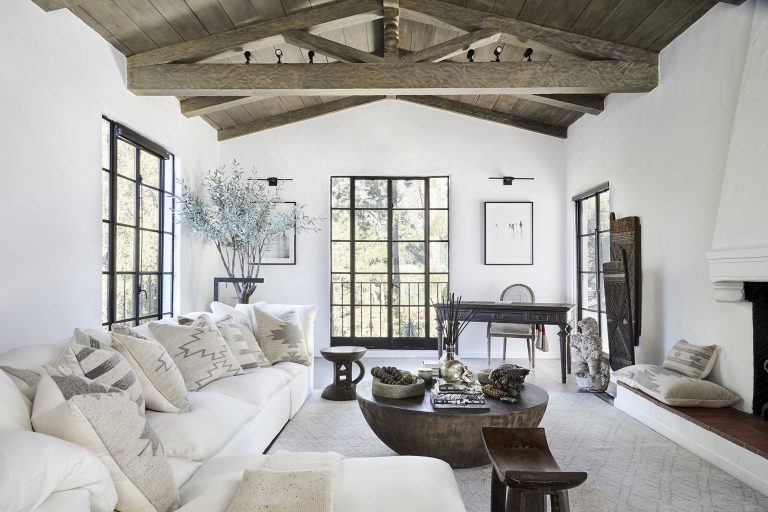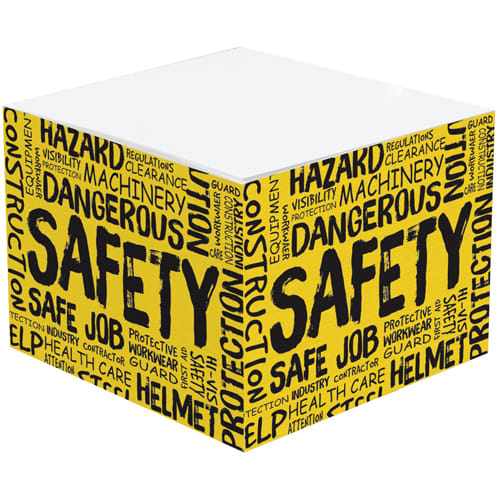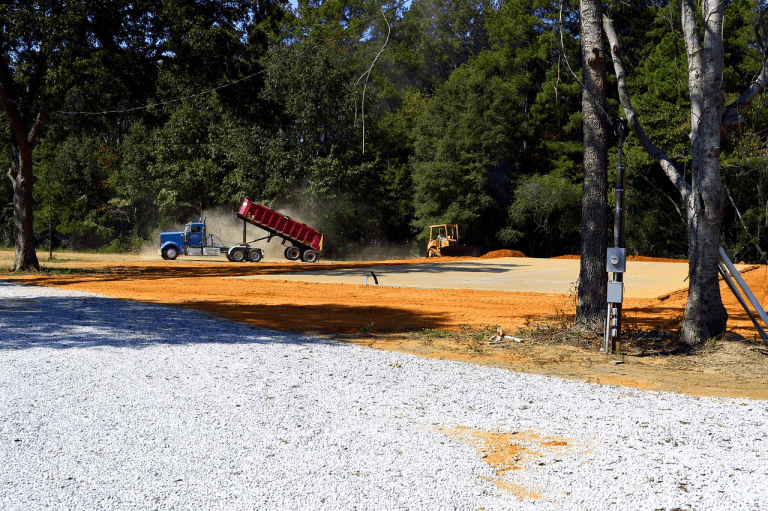Aluminum Aluminum trailers are a popular choice for a number of vocational hauling applications. These trailers are lightweight, durable, and resistant to corrosion. They are also cheaper to repair and are less likely to dent than steel end dumps. However, they do come with a higher initial cost. Therefore, it is important to choose a model that fits your needs. In addition, you will want to pay close attention to features that make your trailer more practical. Aluminum trailers are typically made of 6061 aluminum alloy. They are fabricated to the highest specifications and can be equipped with many optional features. For instance, these models are available with multiple axles, removable sides, and a range of other options. Some of these models are designed to provide the highest stability, making them perfect for construction sites where safety and danger are at the forefront of most employees’ minds when they’re on the job. Steel trailers are typically manufactured from hardened alloy. These units can be a good choice for hauling heavy-duty materials, such as asphalt and scrap metal. Compared to aluminum, however, this metal is more corrosive and can easily rust. Additionally, aluminum has a lighter weight, which makes it more economical in the long run. In fact, aluminum is one-third the weight of steel. This can save you money in the long run, because you will be able to use fewer trips to haul your goods. You will also save on fuel costs. Whether you are looking for an all-aluminum trailer or a steel model, you can find one from a variety of manufacturers. The best way to find a product that fits your needs is to call or visit a dealer. When you do, you will be able to ask about the model’s availability and features. It is also helpful to know what kind of axle you will need. Generally, you will need two axles. There are four main types of axles: k-type, l-type, h-type, and n-type. The main difference between an all-aluminum trailer and a steel unit is in the joining method. Both units feature a welded frame, but the joinery between the trailer’s walls and its body is different. A k-type trailer uses square-tube aluminum extrusions, while an l-type dump uses a stacked box tubing style. Another big difference is the way these trailers are assembled. An all-aluminum trailer is fabricated, while a steel unit is welded. Since a steel dump is more rigid, it can handle more stress, making it a better option for jobs that require a heavier load. As a result, they are a more appealing option than steel end dumps for long-term maintenance and resale value. If you are thinking about purchasing a new trailer, you should consider the factors above before you make a purchase. Choosing a model that suits your needs will help you make the most of your investment. Steel Trailers are practical pieces of equipment for hauling rough materials. They are also useful when working on landscaping projects. They are usually used to transport debris from construction sites. Their features make it easy to load and unload the trailer. However, there are some things to consider before buying a trailer. Firstly, you should know how the dump body works. In general, the body is a semi-permanent structure that is fixed when attached to the truck. The dump body serves to hold material until the contents are disposed of through gravity. Some dump bodies are made of steel or aluminum. Steel is the more durable option. Aluminum bodies are lightweight and corrosion-resistant (https://www.sciencedirect.com/topics/materials-science/aluminum-alloys). Both types can be effective, but you may find that your steel body begins to wear out sooner. The side walls of the trailer are another area where you can save money. Typically, they are constructed of 2×3 tubing. It’s best to measure the thickness of the side walls to determine whether they will be worth the cost. If they’re too thin, it will be less durable. Also, you should be careful to use proper caulking and sealing on seams. Rusting on the sides can cause problems in the long run. Trailers come in many sizes and styles. They are usually designed to attach to the truck using a fifth wheel. You can choose from different styles, including a full frame, a quarter frames, a single door, and a telescopic style which is becoming very popular nowadays. A typical trailer has two axles. However, you can also buy a single-axle model. Depending on your needs, you can get a dump body that is rated for a certain payload. If you need a large payload, you can opt for a hydraulic trailer. These models are great for carrying bulk materials such as dirt, gravel, and asphalt. Trailers are designed to provide maximum safety. You can also choose from a variety of rear gates, including a barn door style or a spreader gate. An open-sided trailer can be a good way to prevent gravel and dirt from falling into the cab. Other options include light mounts that save you from having to replace a broken light. Additionally, some models feature recessed lights that are safer than surface-mounted lights. The front jack of a trailer is something that you’re probably taken for granted. But, it’s a critical part of the trailer’s function. Without it, you might be unable to hook up and unhook the trailer from the truck. This can also add unnecessary time to the overall project. If you are looking for a tough, durable trailer, then you might want to check out the H&H Steel trailers. Some dump trailers for sale are available in commercial-grade models, as well as residential models. Whether you’re searching for an industrial or a homeowner model, you’re sure to find a quality trailer that is suited to your needs. There are several manufacturers of steel trailers. Many of these manufacturers have built steel trailers since the 1980s. East and Mac are known for making aluminum trailers, but they started building steel trailers














